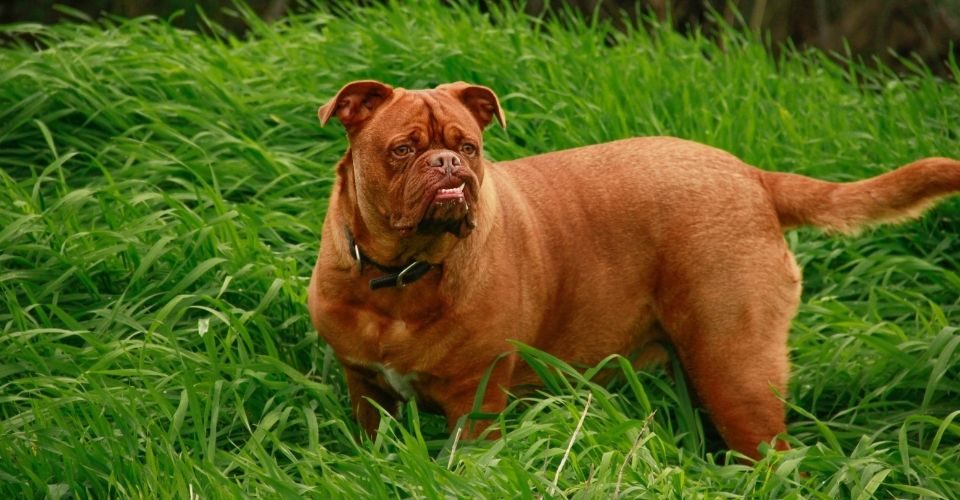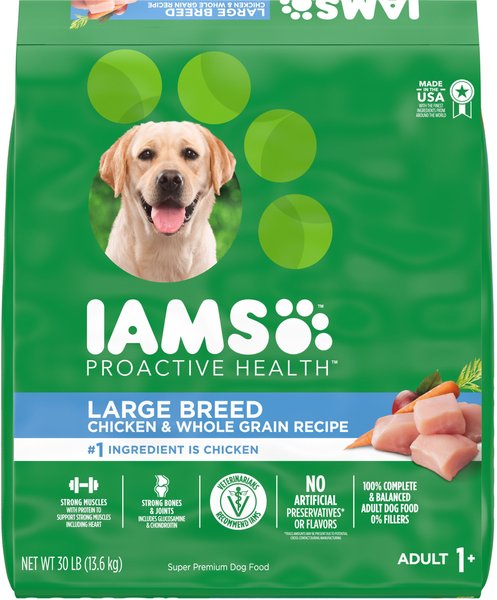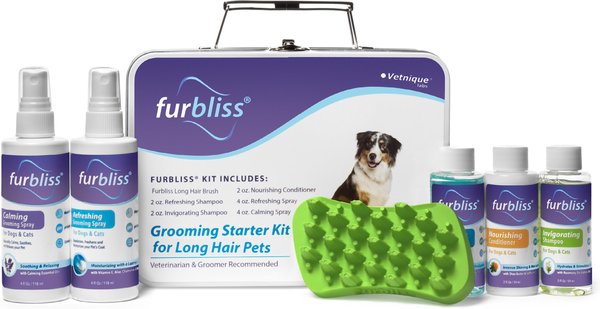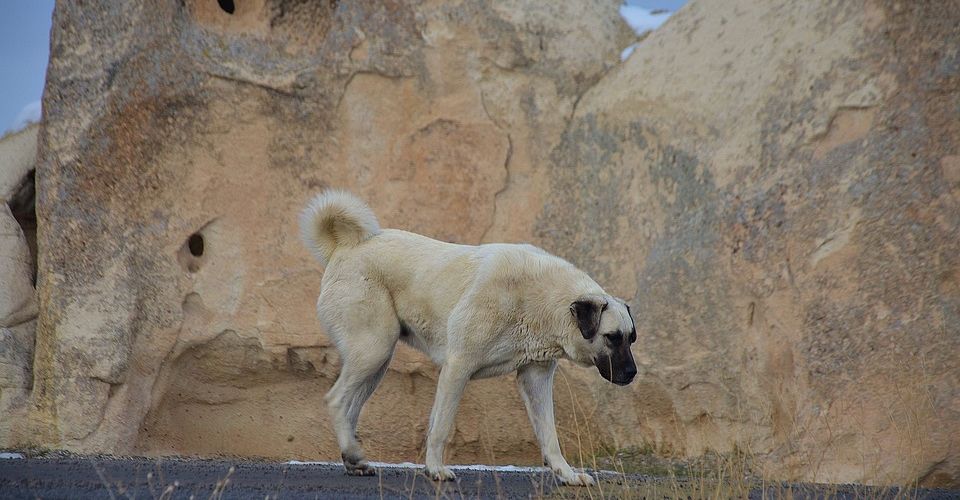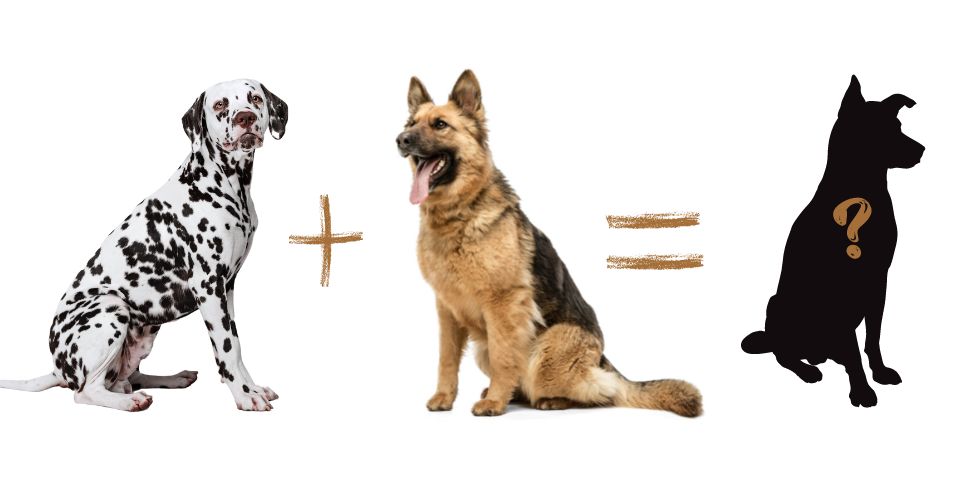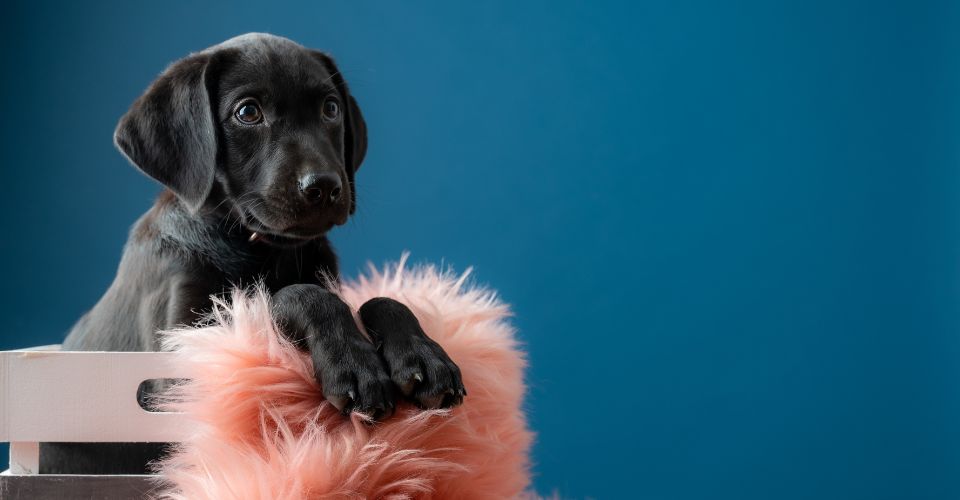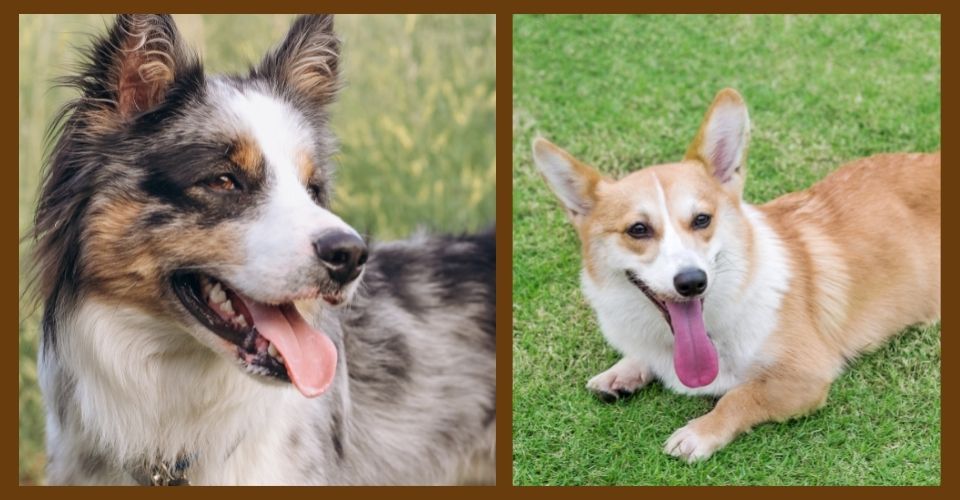Aren’t dogs adorable? Cuddly, squishy, lovable beings who shower people with loads of love. According to the Washington Post, it is their capacity to develop affectionate relationships with humans that make dogs remarkable and special among pets. It isn’t surprising then that people look for a connection when choosing their dog. While teacup dogs are indeed adorable and cuties, if you are looking for a fiercely loyal companion in large size, think about Dogue de Bordeaux. A French breed of Mastiff dogs, Dogues are large, strong, and famously loyal pups.
Origin of Dogue de Bordeaux
As the name suggests, the Dogue, also known as French Mastiff and abbreviated as DDB, comes from the area around Bordeaux in France. While their exact origin is shrouded in mystery, there are several theories about Dogue’s ancestry. One of the theories suggests that they are descendants of the Mastiff-like dogs introduced by Julius Caesar’s forces in the 1st century B.C. Others believe them to be an entirely indigenous breed of dogs that evolved over thousands of years in France. Yet others point to the Mastiff or Greek, Tibetan, and Neapolitan Mastiffs as their possible ancestors.
In either case, DDB has been around in France since the 14th century. Initially, they used to come in two different sizes. The smaller variety called the Doguin was last noticed in the 18th century and has since faded into oblivion. Once categorized into Parisian, Toulouse, and Bordeaux, Dogue came to be known by its current name in 1863 when a female Dogue “Magentas” won a canine exhibition held in Paris. At that point, it was decided to name the breed after its area of origin.
By the late 18th century, Dogues were being employed as guard dogs by the French aristocrats. They met the same fate as their owners in the French Revolution. Their numbers had since declined and continued to do so, despite some revival efforts. By the time Dr. Carl Semencic introduced them to dog enthusiasts in an article in 1982, only 600 of them had remained in the world.
The general public found out about the Dogue de Bordeaux via the Tom Hanks starrer “Turner & Hooch.” The breed has since been revived and received recognition from the American Kennel Club in 1997.
Dogue de Bordeaux Overview
Dogue de Bordeaux Overview
Height Male: 23.5 – 27 in.
Height Female: 23 – 26 in.
Weight Male: + 110 lbs.
Weight Female: + 99 lbs.
Coat Color: Fawn, Mahogany, Red, & Isabella
Marks: Black & Brown Masks, White Patches, White Marks Over Black Mask
Life Expectancy: 5 – 8 Yrs.
Origin: Bordeaux, France
The Dogue de Bordeaux is a massive dog with a stocky, muscular body, lower belly, and congenial outline. It has a short, low-hanging tail.
Head: Dogues have a distinctively large, broad, and angular head that appears trapezoidal from the front and above.
Face: They have oval eyes and small ears, which tend to be slightly darker than the coat. They bear an earnest expression on their face thanks to their well-developed cheeks and deeply burrowed facial skin. The jaws are undershot, chin prominent, nose wide, and the same color as the mask.
Body: The Dogue neck is muscular, its chest broad and impressive, bones strong, shoulders sturdy with prominent muscles, and legs brawny and athletic.
Coat: These dogs have a splendid, velvety, and short coat. It comes in all shades of fawn, ranging from red to light fawn color, though darker shades are preferred more.
Gait: Dogue de Bordeaux has a spirited, free walk. They have a good stride when trotting, the body gets tensed pointing forward, and the head drops as the trot accelerates. They are one of the fastest dog breeds and can cover short distances with great speed when galloping.
|
Good with Family: |
|
Good with Children: |
|
|
Shedding: |
|
Good with Other Dogs: |
|
|
Coat Grooming Frequency: |
|
Drooling: |
|
|
Openness to Strangers: |
|
Mental Stimulation: |
|
|
Playfulness: |
|
Vigilance: |
|
|
Adaptability: |
|
Trainability: |
|
|
Energy: |
|
Barking: |
|
Temperament

Despite their enormous size, Dogues have a sweet and gentle disposition. They are known for being affectionate and loyal to their owners. All is nice and well until someone messes up with anything under their protection. Their alert surveillance and courage are some of their most prized capabilities, making them popular guard dogs.
Dogue de Bordeaux has just as much of a reputation for stubbornness as they have for their pleasant demeanor. It means they need firm training early on in puppyhood to tame this aspect of their behavior, or they will end up dominating their owners.
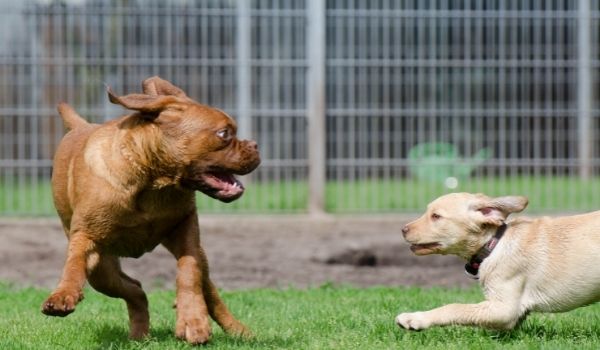
Dogues are territorial and have quite the tendency to chase smaller animals. Sharing space with other animals is possible when trained for socializing. However, you need to keep an eye to identify if they are getting along well with the other pets. Also, watch them out around kids and older people, since they are enormous and may end up hurting them.
Dogue de Bordeaux Diet
Like all dogs, DDBs need sufficient amounts of well-balanced, nutritious foods. Dog foods are prepackaged foods designed to suit each age group. Owners can either use store-bought food or consult their vet for a healthy homemade recipe. Dogue de Bordeaux is prone to obesity and several related illnesses, which is why owners need to monitor their daily food intake, including the number of snacks and treats they consume. It will be counterproductive to share table scraps with them, specifically the foods with higher fat content, including cooked bones. Consultation with vets can help identify the dog food most suited to your pup. It can also let owners know about possible nutrient deficiencies in their dogs and appropriate supplements to make up for them.
|
|
Dogue de Bordeaux Grooming
Dogue has medium grooming needs. Keeping their facial wrinkles dry can be a challenge because of the excessive drooling. Their face needs daily wiping and observation for possible signs of infection. Ears need weekly cleaning and routine inspection for signs of infection or possible debris. They tend to shed hair all year round. Routine currying can minimize the collection of loose hair around the house. Dogue de Bordeaux needs a good bath every four weeks, and wiping them down with a damp towel will be enough for routine maintenance.
|
|
Dogue de Bordeaux Health Issues
Obesity: Obesity can be a big concern in Dogue de Bordeaux, as it can lead to or worsen cardiac, musculoskeletal, and metabolic problems.
Infections: DBBs are prone to viral and bacterial infections like rabies and distemper. Most of these are preventable with proper vaccination.
Dental Problem: Slightly more susceptible than other dogs, Dogues may build up tartar on their teeth, eventually developing tooth & gum infection, possibly leading to several other health problems.
Bloat: A gastric problem causing the stomach to twist and fill up with gas. Twisting can end up blocking the blood supply to the stomach and even to the spleen, proving possibly fatal for the pup.
Heart Problems: Dogues are prone to developing heart problems at either early or later stages of their lives. Weight control and good dental care can be very useful in preventing such issues.
Bones & Joints: DBBs can develop quite a few musculoskeletal problems. These include hips and elbow dysplasia, slippage of the kneecap, and tear in the cranial cruciate ligament. These bundles of joy need to be monitored for any signs of abnormality and taken to the vet for proper medication and care to minimize pain.
Other Health Issues: Unfortunately, Dogue de Bordeaux is susceptible to developing several health issues due to hereditary or other reasons. Possible inconveniences may include eye problems, certain cancers, reproductive difficulties, seizures, kidney problems, ichthyosis – severe flaky skin, and hypothyroidism.
How to Take Care of Dogue de Bordeaux
DDBs like attention and being around people. Leaving them alone for longer durations is a bad idea and may lead to separation anxiety. Since they are susceptible to orthopedic problems, maintaining a healthy body weight and exercise are vital to improving their quality of life.
Dogues are sensitive to heat and should stay in air-conditioned spaces during warm weather. They need regular cleaning, baths, coat, and tooth brushing. It is of foremost importance to have a schedule for visits to the vet. Sticking to the plan and proper vaccination can help with the prevention and early identification of health problems. Consult vets when considering breeding them, owing to their predisposition to hereditary and reproductive issues.
Dogue’s parents need to watch out for abnormalities and seek an appointment with a vet if they notice any of the following:
- Variation in water or food consumption
- Hair loss or itchy skin
- Dullness and lethargy, too much sleep
- Behavioral changes like aggression or fear
They need immediate medical attention if they display any of the following signs:
- Weakness, shortness of breath, or fainting while exercising
- Cloudy or itchy eyes, or other anomalies
- Ear tenderness or discharge
- Heaving or a swollen, tight abdomen
- Scratch or shake their head
- Reluctant to running and playing
- Abnormal shaking or tremors
- Hair loss, weight gain, coat dullness, and lethargy
- Hesitation in rising, running, using stairs, or leg stiffness
- Swelling in the lymph nodes or glands, weight loss for unclear reasons
Dogue de Bordeaux Exercise
Dogue de Bordeaux is a moderately energetic, enormous dog. He needs proper exercise to find an outlet for his energy and mental stimulus. A routine workout is also essential for maintaining a healthy body weight. That is not to suggest going overboard—since Dogues cannot cool themselves down easily, make sure not to give them a long run or energy-intensive exercise. Start it easy with the younger pups, and gradually increase it for dogs over 18 months or older.
Remember, puppies need monitoring like toddlers. They should not be allowed to climb stairs or jump from higher surfaces. Moderate, age-appropriate exercises would be great for them. DDBs of all ages can benefit from swimming. Conversely, mature dogs can exert themselves with longer walks and cart pulling. Learning about the endurance level of their dog can help people come up with appropriate workout sessions for their best friends.
Final Thoughts
Dogue de Bordeaux is a sweet and friendly, giant of a dog. Though a calm dog with medium excitement levels, it can show force and rise to the occasion if provoked. Primarily bred as a guard dog, it can be just much of a fun family dog. Unfortunately, the adorable pup is prone to several genetic and other diseases. Owners need to ensure timely vaccination, regular visits to the vet, and observation for a timely diagnosis and lifelong care. These dogs are big on drooling and need daily wipes on their wrinkles. Weight is a big concern in these dogs. They need proper diet maintenance and regular exercise for healthy living. Dogues are adorable creatures who bring loads of joy and comfort to their families. But do consider all the relevant costs and the time you can spare when considering adding one of these to your family.

